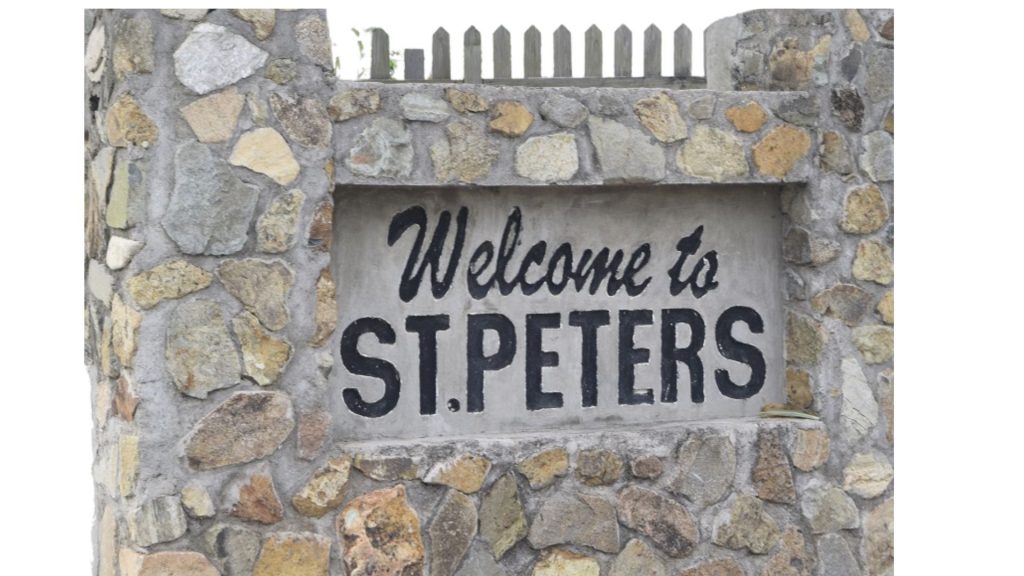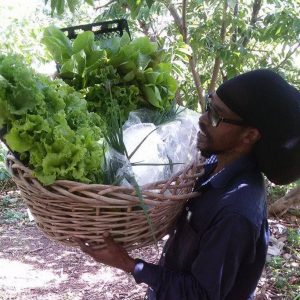St. Maarten embraces strategic development goals – with words

PHILIPSBURG — The United Nations has made good intentions its core business, or so it seems. Case in point is the twelve strategic development goals (SDG) it formulated during a conference in Rio de Janeiro in 2012. Those SDGs consist of seventeen objectives (see the complete list at sdgs.un.org) and they are part of the 2030 agenda for sustainable development.
All UN member states adopted that agenda in 2015. It was presented as “a blueprint for peace and prosperity for people and the planet, now and in the future.
Some of these SDGs are more relevant for St. Maarten than others. Here are a few examples:
1. No poverty; 2. Zero hunger; 4. Quality education; 7. Affordable and clean energy; and 13. Climate action.
If you asked Drs. Raymond Jessurun what St. Maarten had done during the past ten years to put an end to poverty, he’d probably choke on his breakfast. Our country is not exactly at the forefront of this fight – and that’s putting it very, very mildly.
What about hunger? For that question we turn to a column StMaartenNews.com Publisher Terrance Rey wrote for dosssierkoninkrijksrelaties.nl under the headline Ervaringsreizen. The column addresses the changing demands in the tourism industry and the way St. Maarten deals with them. Increasing numbers of tourists have had it with the concept of sea, sand and sun. They want to experience countries by mixing it up with the locals.
Rey wrote that Airbnb plays a role in this development. He has noticed that there are a lot of white people in districts like St. Peters and South Reward: “They go around with backpacks, in shorts and tee shirts. They are close to hiking trails and agricultural stations.”
 One of those stations is run by Denicio Wyatte “the most persistent and productive farmer I know in St. Peters.”
One of those stations is run by Denicio Wyatte “the most persistent and productive farmer I know in St. Peters.”
But Wyatte has a problem and the government seems to be unable, or unwilling, to solve it. So Rey asked him: “What is the government doing to allocate land to farmers so that they can start with agricultural stations that will also benefit our tourism product?”
Wyatte is engaged in a lengthy dispute with the family of MP Hyacinth Richardson who claims ownership of the land he is using. Is there a solution yet? “Nothing has been solved,” Wyatte said. Promises that the matter would be settled at the Cadastre office are going nowhere. Every time he checks the progress he discovers that nothing has been done. It’s all talk and no action.
During the COVID-19 pandemic, not to mention the aftermath of Hurricane Irma in 2017, St. Maarten found out the hard way how dependent it is for food-security on outside sources.
See related article: AGRICULTURE ON ST. MAARTEN – The Case of the Illusive Nut
Rey has heard more than once that the government is committed to the SDGs. It continues to embrace the 2030 development agenda and has promised to make efforts for achieving its objectives during the so-called decade of action. But as far as agriculture is concerned the term inaction describes the government’s approach a lot better.
Sustainable agriculture remains a way to achieve two goals: a better, or at least more diverse, tourism product and food-security.
And that’s only one of the four SDGs we mentioned earlier. Poverty remains an issue on our island, the quality of education is debatable, affordable and clean energy remains a pipedream and climate action is totally off the radar with the government, the parliament and the community at large.


























